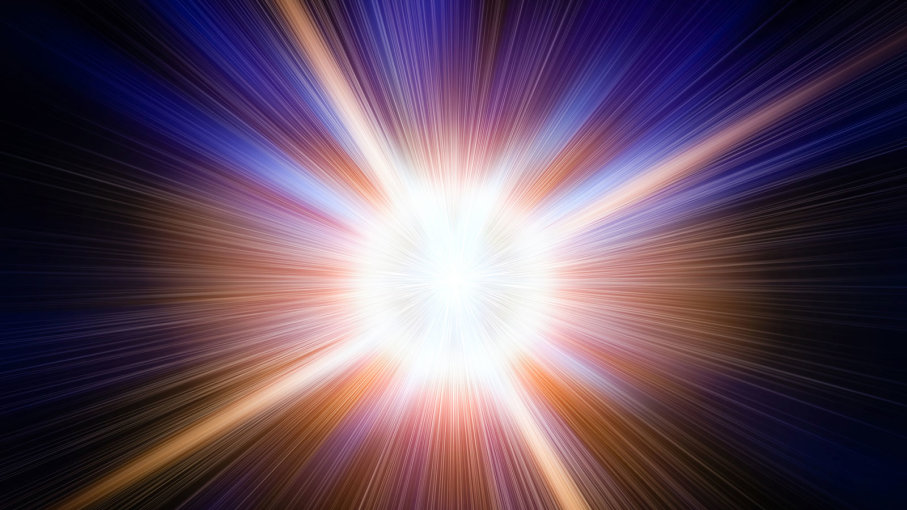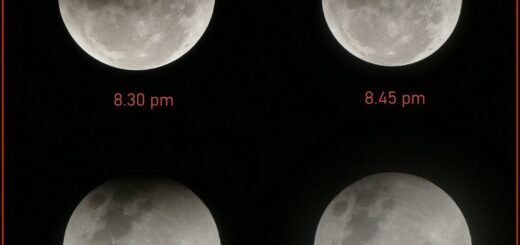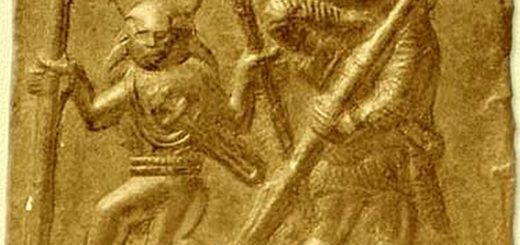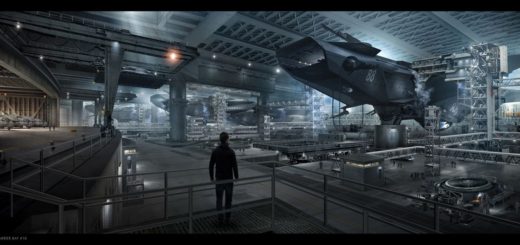What Existed Before the Big Bang?

It is difficult enough to imagine a time, roughly 13.7 billion years ago, when the entire universe existed as a singularity. According to the Big Bang theory, one of the main contenders vying to explain how the universe came to be, all the matter in the cosmos — all of space itself — existed in a form smaller than a subatomic particle [source: Wall].
Once you think about that, an even more difficult question arises: What existed just before the big bang occurred?
The question itself predates modern cosmology by at least 1,600 years. Fourth-century theologian St. Augustine wrestled with question of what existed before God created the universe. His conclusion was that the Biblical phrase “In the beginning” implied that God had made nothing previously. Moreover, Augustine argued that the world was not made by God at a certain time, but that time and the universe had been created simultaneously [source: Villanova University].
In the early 20th century, Albert Einstein came to very similar conclusions with his theory of general relativity. Just consider the effect of mass on time. A planet’s hefty mass warps time — making time run a tiny bit slower for a human on Earth’s surface than a satellite in orbit. The difference is too small to notice, but time even runs more slowly for someone standing next to a large boulder than it does for a person standing alone in a field. [source: Redd].
Based upon Einstein’s work, Belgian cosmologist Rev. Georges Lemaître published a paper in 1927 that proposed the universe started out as a singularity and that the Big Bang led to its expansion [source: Soter and Tyson].
Following this line of logic, the title of this article is fundamentally flawed, y, time only came into being as that primordial singularity expanded toward its current size and shape.
Case closed? Far from it. This is one cosmological quandary that won’t stay dead. In the decades following Einstein’s death, the advent of quantum physics and a host of new theories resurrected questions about the pre-big bang universe. Keep reading to learn about some of them.
Here’s a thought: What if our universe is but the offspring of another, older universe? Some astrophysicists speculate that this story is written in the relic radiation left over from the Big Bang: the cosmic microwave background (CMB).
Astronomers first observed the CMB in 1965, and it quickly created problems for the Big Bang theory — problems that were subsequently addressed (for a while) in 1981 with the inflation theory. This theory entails an extremely rapid expansion of the universe in the first few moments of its existence. It also accounts for temperature and density fluctuations in the CMB, but dictates that those fluctuations should be uniform.
That’s not the case. Recent mapping efforts actually suggest that the universe is lopsided, with more fluctuations in some areas than in others. Some cosmologists see this observation as supporting evidence that our universe “bubbled off” from a parent universe, in the words of California Institute of Technology researcher Adrienne Erickcek [source: Lintott]
In chaotic inflation theory, this concept goes even deeper: an endless progression of inflationary bubbles, each becoming a universe, and each of these birthing even more inflationary bubbles in an immeasurable multiverse [source: Jones].
Still other models revolve around the formation of the pre-Big Bang singularity itself. If you think of black holes as cosmic trash compactors, they stand as prime candidates for all that primordial compression, so our expanding universe could theoretically be the white hole output from a black hole in another universe. A white hole is a hypothetical body that acts in the opposite manner of a black hole, giving off serious energy and matter rather than sucking it in. Think of it as a cosmic exhaust valve. Some scientists propose that our universe may have been born inside a black hole, and every black hole in our own universe could each contain separate universes as well [source: Choi].
But some scientists think the universe started, not with a Big Bang, but with a Big Bounce.



 Creators of mankind
Creators of mankind Description of “Tall white aliens”
Description of “Tall white aliens” Where they came from?
Where they came from? About hostile civilizations
About hostile civilizations The war for the Earth
The war for the Earth “Tall white aliens” about eternal life
“Tall white aliens” about eternal life Video: “Nordic aliens”
Video: “Nordic aliens” Aliens
Aliens Alien encounters
Alien encounters The aliens base
The aliens base UFO
UFO Technology UFO
Technology UFO Underground civilization
Underground civilization Ancient alien artifacts
Ancient alien artifacts Military and UFO
Military and UFO Mysteries and hypotheses
Mysteries and hypotheses Scientific facts
Scientific facts


















